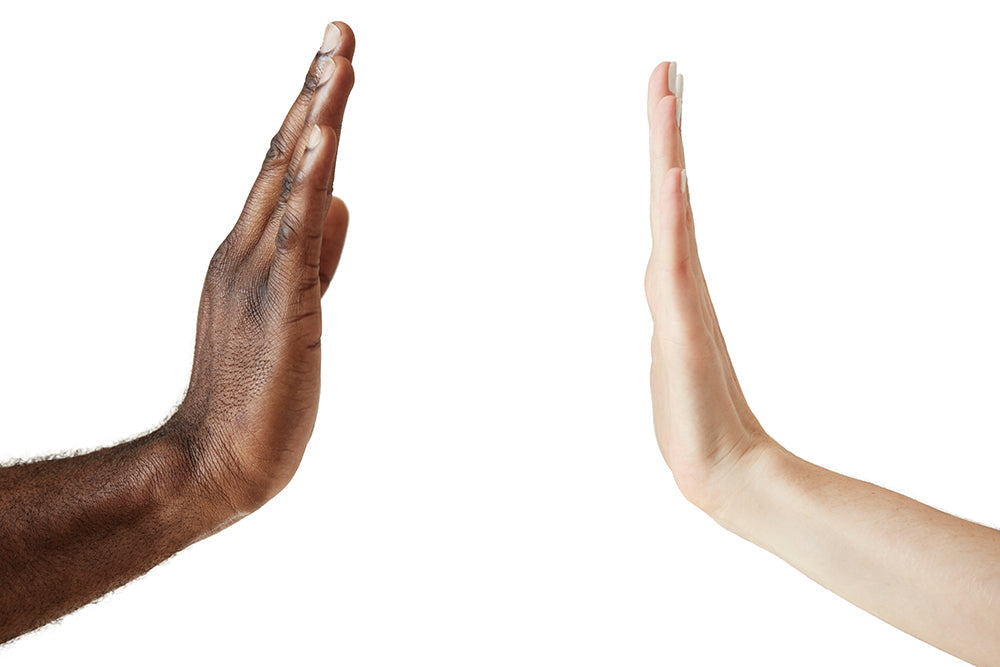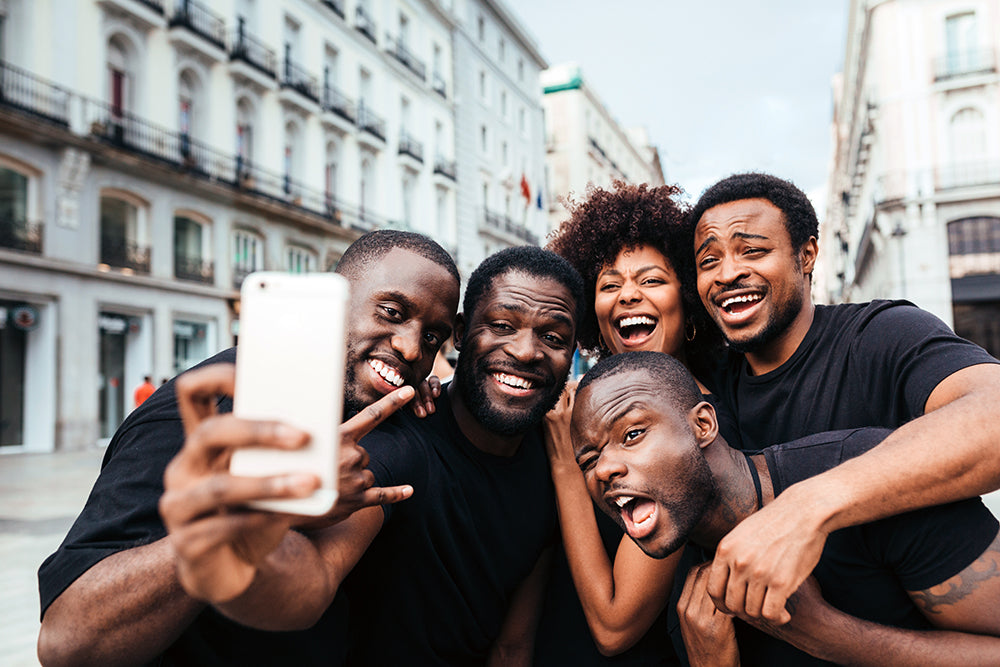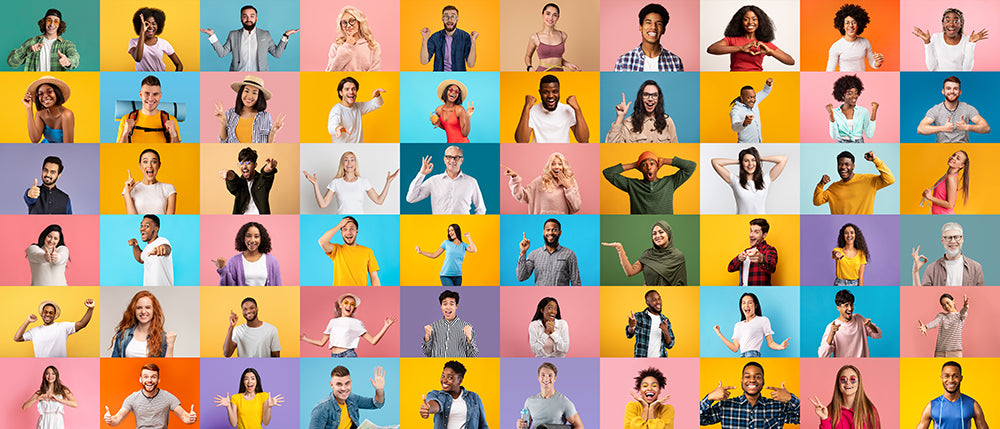You have no items in your shopping basket.
Rose Mabiza
01-03-2024
World Day for Cultural Diversity 2025
Image by vetre via Envato Elements
Embracing unity in a world of differences
Every year on 21 May, the international community observes World Day for Cultural Diversity for Dialogue and Development, a day set aside to celebrate the richness of the world’s cultures and the vital role intercultural dialogue plays in achieving peace and sustainable development. Spearheaded by United Nations Educational, Scientific and Cultural Organization (UNESCO), this global initiative invites us to reflect on how cultural diversity enhances our lives and strengthens social cohesion.
In 2025, this observance takes on added relevance as we navigate a world that is more interconnected yet more polarised than ever. Cultural diversity is not merely about recognising different customs or cuisines; it is about understanding, respecting, and valuing the differences that shape our collective identity.
Understanding cultural diversity
Cultural diversity refers to the existence of various cultural or ethnic groups within a society. It is reflected in language, religion, ethnicity, nationality, dress, music, art, traditions, and even ways of thinking and problem-solving. Far from being a challenge to unity, cultural diversity is a powerful engine of development, both social and economic.
Preserving cultural diversity means recognising that every culture has intrinsic value and contributes uniquely to human progress. As globalisation intensifies, protecting local traditions and heritage while fostering dialogue across differences becomes even more critical.
Why dialogue matters
At the heart of this international day lies the principle of dialogue. Dialogue is the bridge that connects people across cultures. It promotes mutual understanding, encourages empathy, and breaks down prejudices. Without dialogue, diversity risks becoming a source of division rather than a strength.
Intercultural dialogue allows people to express themselves freely while learning from others in communities, schools, and workplaces. It contributes to peacebuilding, conflict resolution, and inclusive decision-making processes. It is also essential for achieving several Sustainable Development Goals (SDGs), including education, equality, and strong institutions.
Diversity and inclusion in the modern workplace
In today’s global economy, organisations are more culturally diverse than ever. This brings immense potential, but also responsibility. Businesses, public-sector institutions, and third-sector organisations must embed Equality, Diversity, and Inclusion (EDI) into their frameworks to harness the full benefits of cultural diversity.
Some key ways organisations can embrace diversity include:
- Implementing EDI training to educate staff and leadership on bias and inclusion
- Developing inclusive policies that celebrate cultural events and accommodate diverse needs
- Promoting diverse hiring practices to reflect the communities they serve
- Creating safe spaces for dialogue and feedback
- Monitoring compliance with diversity regulations using dedicated tools.
These practices improve team performance and innovation and enhance employee engagement, retention, and customer satisfaction.
The role of education and awareness
Education is a critical pathway to promoting cultural understanding. From early years to lifelong learning, inclusive education fosters respect for all cultures and encourages critical thinking. Awareness campaigns like this observance are vital in challenging stereotypes and dismantling systemic discrimination.
By acknowledging diverse worldviews and creating opportunities for shared learning, we contribute to a more harmonious society.
How you can get involved
Whether you're an individual, a business leader, a teacher, or a policymaker, there are many ways to support and celebrate World Day for Cultural Diversity:
- Attend or organise multicultural events, such as art exhibits, food festivals, or storytelling circles
- Facilitate open conversations about identity, heritage, and cultural values.
- Share educational content and raise awareness on social media using the hashtag #WorldCulturalDiversityDay
- Take part in diversity training or host workshops in your organisation
- Review your internal policies and practices to ensure they support cultural inclusivity.
Conclusion
This World Day for Cultural Diversity for Dialogue and Development 2025, let us not only acknowledge the richness of our differences but actively work towards a world where these differences are celebrated.
Together, we can build communities where every individual, regardless of background, has the opportunity to thrive.
Our commitment to inclusion
At The Mandatory Training Group, we believe that cultural diversity is not just a value, it’s a necessity for a just and progressive society. Through our CPD-accredited online courses, we offer Equality, Diversity, and Inclusion, designed to foster a culturally diverse and inclusive workplace. Powered by ComplyPlus™, our innovative platform, we enable organisations to embed inclusivity into their core operations, ensuring compliance and promoting lasting change at every level.
We work with healthcare providers, local authorities, educational institutions, and private companies to ensure they comply with legal standards while building inclusive, respectful, and culturally competent workplaces.
Last updated on 20-05-2025
About the author
Rose Mabiza
Rose has dedicated over 15 years to improving health and social care quality through practice, targeted education and training. Her extensive experience includes working with older adults, individuals with mental health conditions, and people with autism and learning disabilities.

Related blog articles
View allContact us
Complete the form below to start your ComplyPlusTM trial and transform your regulatory compliance solutions.







